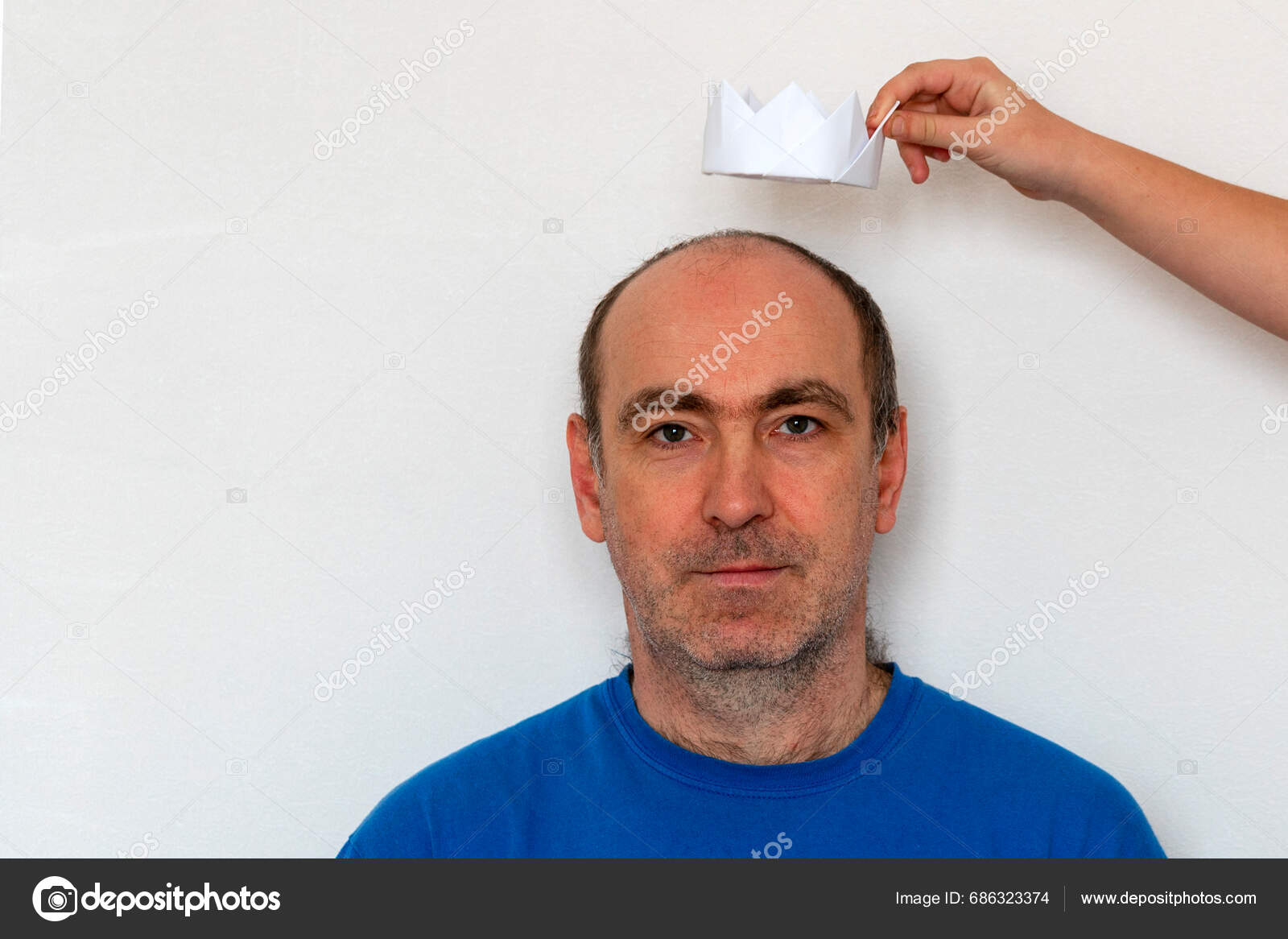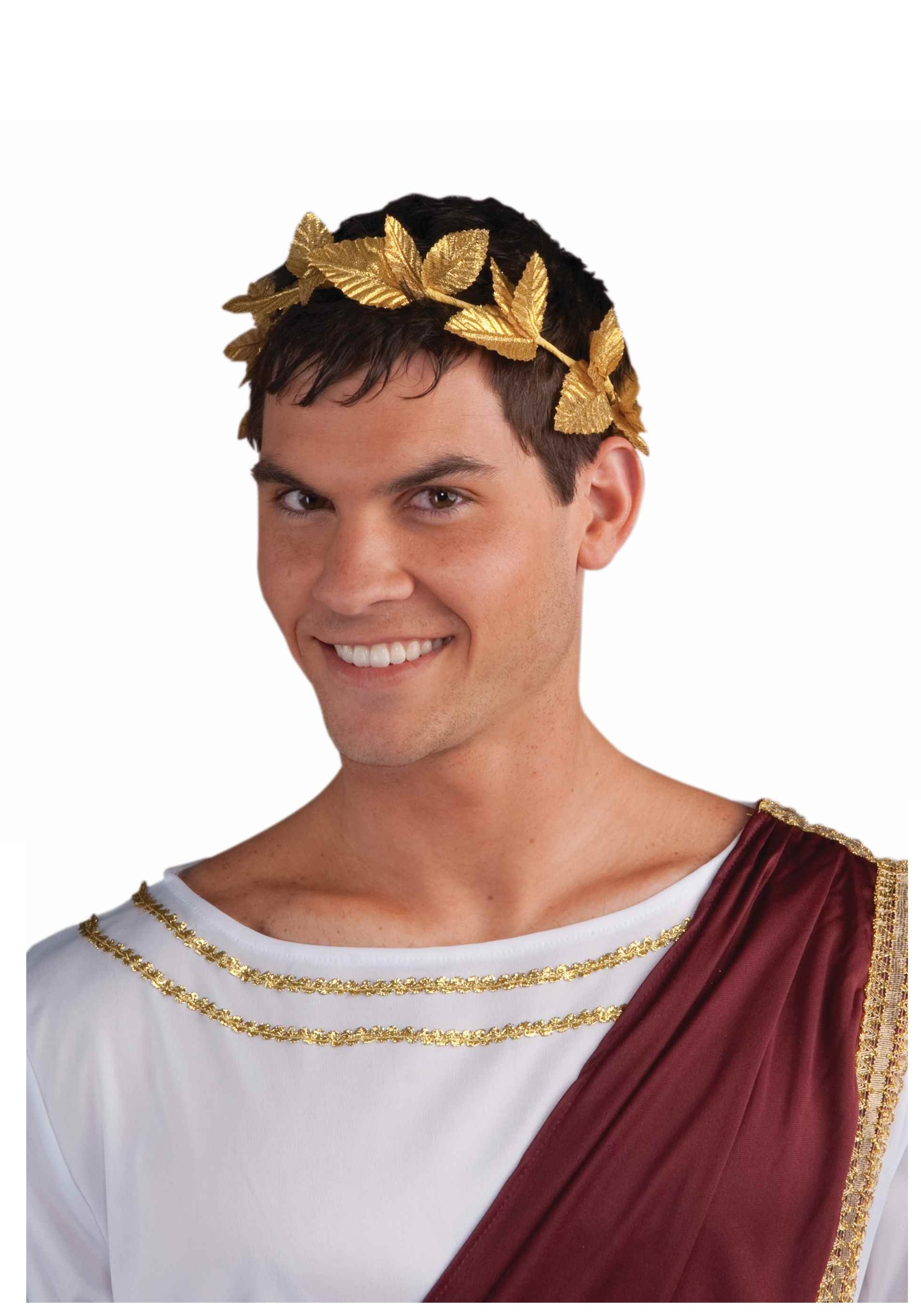What Responsibilities Do Crown Families Hold? Unveiling The Royal Duties
When we talk about crown families, it's like stepping into a world where tradition meets responsibility. These royal dynasties aren't just about wearing fancy crowns and throwing glamorous parties. Nope, there's a whole lot more going on behind the scenes. Crown families hold significant roles that shape nations, cultures, and even global relations. So, let's dive deep into what responsibilities crown families really carry on their shoulders.
Picture this: a royal family walking down the red carpet, waving at cheering crowds, and attending grand ceremonies. Sure, it looks glamorous, but there's so much more to it. Crown families are like the backbone of their countries, maintaining traditions, supporting public welfare, and acting as symbols of unity. Their responsibilities go way beyond what meets the eye.
In today's world, where everything seems to be moving at lightning speed, crown families still manage to keep the essence of their heritage alive. They balance tradition with modernity, ensuring that their countries stay connected to their roots while adapting to the ever-changing global landscape. So, what exactly are these responsibilities? Let's find out.
Understanding the Role of Crown Families
The Historical Context
Crown families have been around for centuries, and their roles have evolved over time. Back in the day, royals were like the ultimate decision-makers, ruling their kingdoms with an iron fist. But as democracy took over, their responsibilities shifted. Now, they focus more on ceremonial duties, diplomacy, and supporting public welfare. It's like they've transitioned from rulers to ambassadors of their nations.
For instance, the British monarchy has been around for over a thousand years, adapting to changing times while maintaining its core values. Queen Elizabeth II, during her reign, became a symbol of stability and continuity. Her responsibilities included representing the UK on the global stage, supporting charitable causes, and upholding the traditions of the monarchy.
Key Responsibilities of Crown Families
Ceremonial Duties
One of the main responsibilities of crown families is performing ceremonial duties. These include attending state functions, hosting foreign dignitaries, and participating in national celebrations. Ceremonial duties are like the public face of the monarchy, showcasing the grandeur and tradition of their countries.
Think about the Trooping the Colour in the UK, where the royal family gathers to celebrate the Queen's official birthday. It's a spectacle that draws crowds from all over the world, highlighting the importance of these events in maintaining the monarchy's presence.
Public Welfare and Charitable Work
Crown families often dedicate a significant part of their time to public welfare and charitable work. They support various causes, from healthcare to education, and use their influence to raise awareness and funds. It's like they're using their platform for good, making a positive impact on society.
Prince Harry and Meghan Markle, for example, have been vocal about mental health and social justice issues. Through their organization, Archewell, they aim to create a better world by addressing these pressing matters. It shows how crown families can leverage their status to drive meaningful change.
International Diplomacy
Representing the Nation on the Global Stage
Another crucial responsibility of crown families is international diplomacy. They act as representatives of their countries, fostering relationships with other nations and promoting cultural exchange. It's like they're the ultimate ambassadors, using their charm and influence to strengthen global ties.
King Felipe VI of Spain has been actively involved in diplomatic missions, promoting Spanish interests abroad while also encouraging cooperation with other countries. His efforts have helped Spain maintain its position on the global stage, showcasing the importance of royal diplomacy.
Preserving Cultural Heritage
Maintaining Tradition and Identity
Crown families play a vital role in preserving cultural heritage. They ensure that traditions, customs, and historical landmarks are protected and celebrated. It's like they're the guardians of their nation's identity, keeping the past alive for future generations.
The Japanese Imperial Family, for instance, has been instrumental in preserving Shinto traditions and promoting Japanese culture worldwide. Their involvement in cultural events and ceremonies helps maintain a strong sense of national pride and identity.
Economic Contributions
Boosting Tourism and Local Economies
Crown families also contribute to the economy, particularly through tourism. Their presence attracts millions of visitors each year, boosting local businesses and creating jobs. It's like they're the ultimate influencers, drawing people to their countries for a glimpse of royal life.
The Palace of Versailles in France is a prime example of this. It draws millions of tourists annually, generating significant revenue for the local economy. The French royal family, although no longer ruling, still plays a part in maintaining this iconic landmark, showcasing its historical significance.
Modern Challenges Faced by Crown Families
Adapting to Changing Times
Like everyone else, crown families face challenges in adapting to modern times. They have to balance tradition with progress, ensuring that their roles remain relevant in today's world. It's like walking a tightrope, trying to please both the old guard and the new generation.
The Swedish royal family has embraced modernity by adopting a more casual approach to their duties. Princess Madeleine, for example, often participates in casual meet-and-greets with the public, breaking down the barriers between royals and commoners. This approach has helped make the monarchy more relatable and accessible.
The Impact of Media on Crown Families
Navigating Public Perception
Media plays a huge role in shaping public perception of crown families. With the rise of social media, royals have to be more careful about their public image, ensuring that they maintain a positive reputation. It's like they're constantly under a microscope, with every move scrutinized by the public and the press.
Princess Diana's legacy continues to influence how royals interact with the media. Her approachable nature and dedication to charitable causes set a benchmark for future generations of royals. Today's crown families strive to emulate her impact while navigating the complexities of modern media.
Biography of a Crown Family Member
Queen Elizabeth II: A Lifetime of Service
Let's take a closer look at one of the most iconic crown family members, Queen Elizabeth II. Her life was dedicated to service, and she became a symbol of stability during her long reign.
| Full Name | Elizabeth Alexandra Mary |
|---|---|
| Date of Birth | April 21, 1926 |
| Coronation | June 2, 1953 |
| Spouse | Prince Philip, Duke of Edinburgh |
| Children | Charles, Anne, Andrew, Edward |
Throughout her life, Queen Elizabeth II upheld the values of duty, loyalty, and service. Her dedication to her role as monarch set a standard for future generations of royals.
Lessons from Crown Families
What We Can Learn from Their Responsibilities
Crown families offer valuable lessons in leadership, responsibility, and public service. Their commitment to their roles, despite the challenges, serves as an inspiration to us all. It's like they're reminding us that even in the face of adversity, we can make a difference by staying true to our values.
For example, King Charles III has pledged to continue the legacy of his mother, focusing on sustainability and environmental issues. His dedication to these causes shows how crown families can use their platform to address global challenges, setting an example for others to follow.
Conclusion: The Enduring Legacy of Crown Families
So, what responsibilities do crown families hold? Well, they're like the ultimate multitaskers, juggling ceremonial duties, public welfare, international diplomacy, and cultural preservation all at once. Their roles may have evolved over time, but their importance remains unchanged.
As we look to the future, crown families will continue to play a vital role in shaping their nations and influencing the world. Their commitment to tradition, progress, and public service sets a standard for us all. So, the next time you see a royal family in the news, remember the responsibilities they carry and the positive impact they strive to make.
Now, it's your turn! Share your thoughts in the comments below. Do you think crown families still hold relevance in today's world? Or are they relics of the past? Let's keep the conversation going and learn from each other.
Table of Contents
- Understanding the Role of Crown Families
- Key Responsibilities of Crown Families
- International Diplomacy
- Preserving Cultural Heritage
- Economic Contributions
- Modern Challenges Faced by Crown Families
- The Impact of Media on Crown Families
- Biography of a Crown Family Member
- Lessons from Crown Families
- Conclusion



Detail Author:
- Name : Prof. Peyton Jakubowski PhD
- Email : orrin.leannon@gmail.com
- Birthdate : 1990-05-15
- Address : 9482 Leopold Harbors Suite 492 Mckenziemouth, TN 78877
- Phone : 425.801.0798
- Company : Mante Inc
- Job : Buffing and Polishing Operator
- Bio : Et eaque vero eos atque incidunt soluta beatae unde. Dolor dolorem beatae error ut molestiae odio.